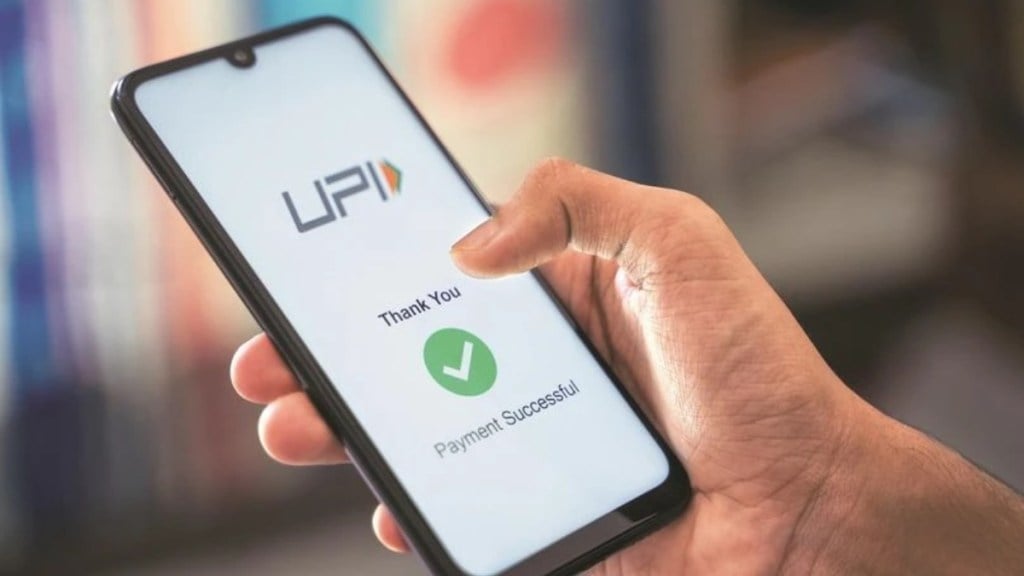The National Payments Corporation of India introduced biometric authentication for transactions on Unified Payments Interface (UPI) at the Global Fintech Fest on Tuesday.
“With Aadhaar-based Face Authentication for UPI PIN, onboarding becomes faster, simpler, and more inclusive, especially for first-time users, senior citizens, and those without easy access to cards,” said NPCI.
UIDAI’s FaceRD App eliminates managing multiple OTPs
The solution leverages UIDAI’s FaceRD App for Aadhaar-based facial verification, eliminating the need to manage multiple OTPs or card details, enhancing both convenience and security. The same shall be extended later for transactions with additional authentication.
On-device biometric authentication shall be introduced as an additional option for UPI PIN set or reset in lieu of UPI PIN. “This facility shall initially be available for transactions up to Rs 5,000. The limit shall be reviewed in due course based on performance and evaluation,” NPCI said.
It added that the facility will be made available to customers who choose to opt in, which would give them control over their preferred mode of authentication.
The biometric authentication can be used for setting or resetting the UPI PIN, apart from using it for cash withdrawal at ATMs using UPI.
“Each transaction is independently verified by the Issuing bank using robust cryptographic checks, ensuring the highest level of safety while keeping the experience simple and seamless,” NPCI said.
Entering debit card details not necessary anymore
According to it, until now, creating a UPI PIN required entering debit card details or going through Aadhaar OTP verification. With Aadhaar-based Face Authentication for UPI PIN, onboarding becomes faster, simpler, and more inclusive for those without easy access to cards.
Currently, the primary factor of authentication for UPI is the device binding done through SMS, while customers enroll for UPI on their mobile devices, and the PIN acts as the second factor of authentication.
The development comes at a time when the Reserve Bank of India has expressed its concerns about multiple UPI scams that keep happening because of PIN-related fraud.
The RBI has been nudging financial institutions to follow a second-factor authentication instead of PINs and OTPs.
